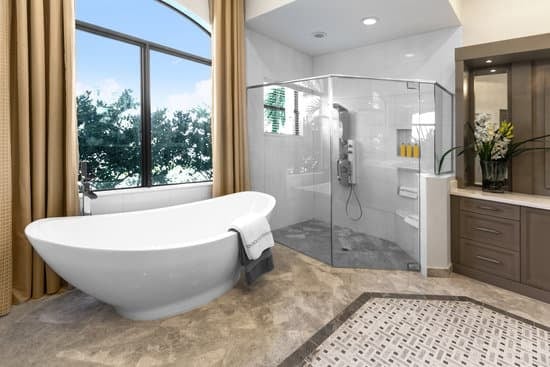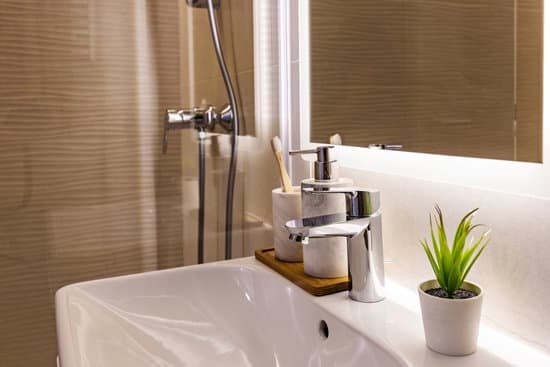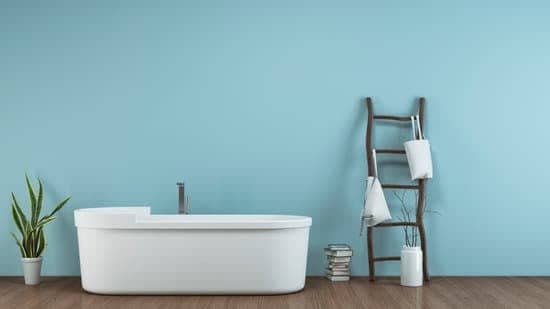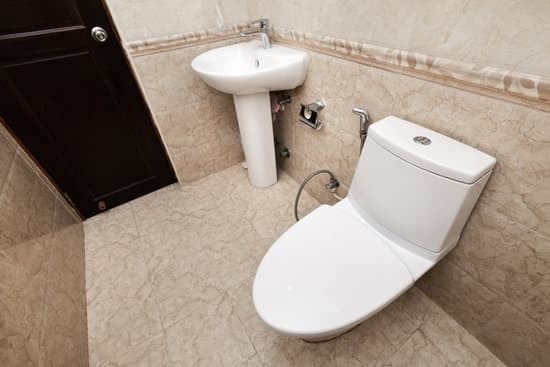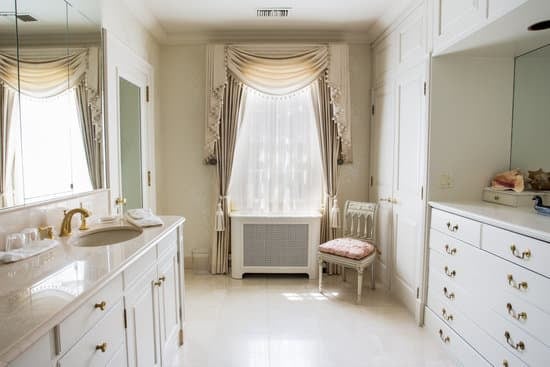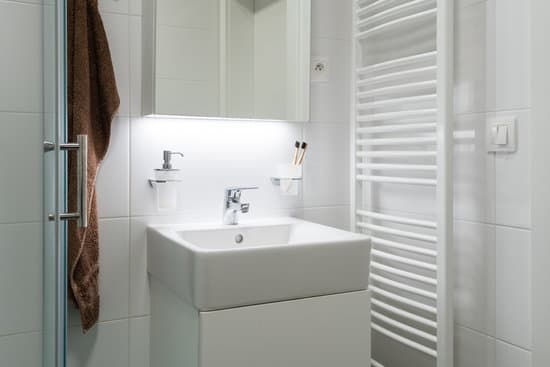Are you considering adding a new bathroom to your home? Before you start, it’s important to understand how to properly add plumbing for this project. This article will guide you through the process, ensuring that your plumbing installation is safe and efficient. From assessing your plumbing needs to obtaining permits and permissions, we will cover everything you need to know. By following these steps, you can confidently tackle the task of adding plumbing for a new bathroom in your home.
Assessing Your Plumbing Needs
Assessing your plumbing needs is an essential step in adding plumbing for a new bathroom. Before you start, it’s important to estimate the costs involved and consider hiring a professional plumber. While it may be tempting to tackle the job yourself, hiring a skilled plumber ensures that everything is done correctly and safely.
When estimating costs, take into account factors such as the length of pipes needed, fixtures required, and any additional materials like connectors or valves. A professional plumber can help provide an accurate cost estimate based on your specific requirements.
Hiring a professional plumber not only saves you time and effort but also guarantees that the work is up to code. They have the expertise to handle complex tasks like installing new pipes or rerouting existing ones without causing damage to your home’s structure.
In conclusion, don’t underestimate the importance of assessing your plumbing needs before adding a new bathroom. It’s safer and more cost-effective to hire a professional plumber who can ensure everything is done right the first time.
Planning the Layout and Design
When designing a layout, it’s important to consider the overall flow and functionality of the space. Start by choosing fixtures that meet your needs and fit within the available area. Consider factors such as the size of the room, placement of existing plumbing lines, and accessibility for future repairs. It’s crucial to ensure proper ventilation in your new bathroom to prevent moisture buildup and potential mold growth. Installing a fan or window can help circulate air and reduce humidity levels. Additionally, make sure there is enough space between fixtures for easy movement and accessibility. Remember to prioritize safety by using waterproof materials on floors and walls, installing grab bars near toilets and showers, and ensuring proper lighting throughout the space.
Obtaining the Necessary Permits and Permissions
To obtain the necessary permits and permissions for your project, you’ll need to contact your local building department and provide them with the required documentation. Understanding local building codes is crucial in ensuring that your new bathroom plumbing meets safety standards. These codes vary from one location to another, so it’s important to research and comply with the specific regulations in your area. Hiring a licensed plumber is highly recommended as they are knowledgeable about these codes and can ensure that all plumbing work is done correctly. They will be able to guide you through the permit application process, assist in preparing any necessary drawings or plans, and ensure that all inspections are scheduled and passed. Remember, following proper procedures will not only keep you safe but also help avoid potential penalties or delays during construction.
Installing the Water Supply and Drainage Systems
Once you’ve obtained the necessary permits and permissions, it’s important to hire a licensed plumber who can install the water supply and drainage systems according to local building codes. Here are three important steps in this process:
- Connecting Pipes: The plumber will carefully connect all the necessary pipes to ensure a proper flow of water throughout the new bathroom. This includes connecting the main water line to the fixtures such as sinks, toilets, and showers.
- Choosing Fixtures: Safety is paramount when selecting fixtures for your new bathroom. Make sure to choose high-quality fixtures that are durable and meet safety standards. Look for features like anti-scald valves on showers and faucets to prevent accidental burns.
- Ensuring Proper Drainage: The plumber will install an effective drainage system by connecting waste pipes from sinks, toilets, and showers to the main sewer line. This ensures that wastewater is safely carried away from your home.
By following these steps and working with a professional plumber, you can ensure a safe and efficient water supply and drainage system for your new bathroom.
Testing and Troubleshooting the Plumbing Installation
After obtaining the necessary permits and hiring a licensed plumber, it is important to test and troubleshoot the plumbing installation. Safety should always be a priority when it comes to plumbing. To ensure everything is working properly, there are several testing techniques you can use. One common method is to turn on all the faucets and check for any leaks or dripping sounds. You should also inspect the pipes for any signs of corrosion or damage. Another important test is checking the water pressure by using a pressure gauge at different points in the system. This will help identify any potential issues with low or high water pressure. Additionally, it’s crucial to flush all toilets and run showers to make sure they drain properly without any backups or clogs. By performing these tests and being aware of common plumbing problems, you can ensure that your new bathroom’s plumbing installation is safe and functioning correctly.
Conclusion
In conclusion, adding plumbing for a new bathroom requires careful assessment of your needs, thoughtful planning of the layout and design, obtaining necessary permits and permissions, and expert installation of water supply and drainage systems. It is important to test and troubleshoot the plumbing installation to ensure everything is working properly. By following these steps, you can successfully add plumbing to your new bathroom and enjoy the convenience it brings.

